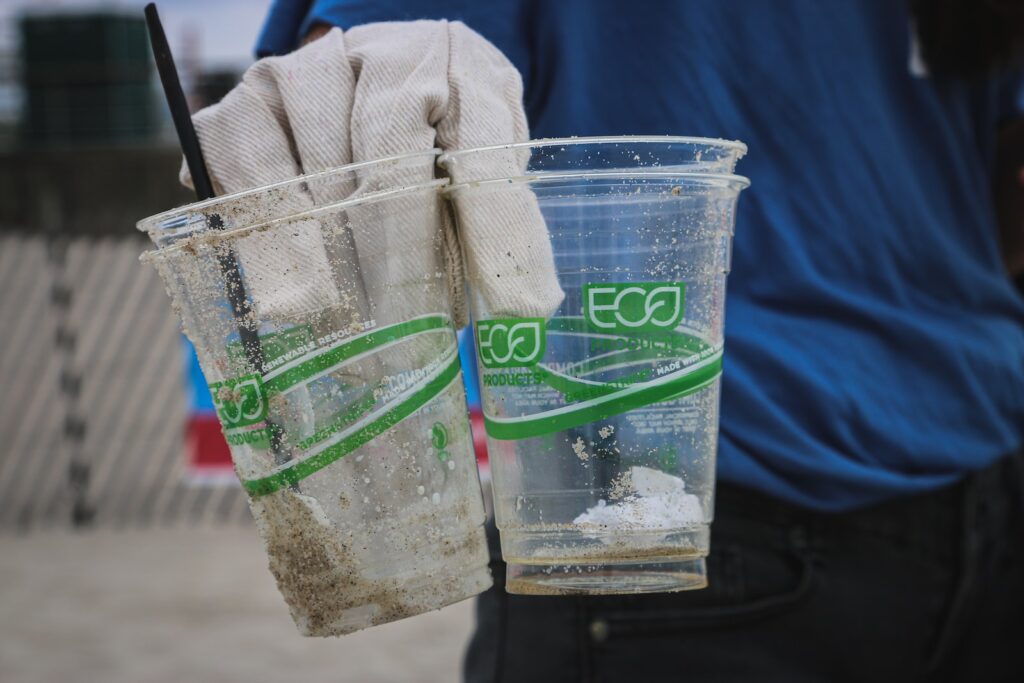EU plans to target greenwashing firms with penalties
The European Union is clamping down on greenwashing claims, as a new policy could see companies face penalties if they exaggerate their green credentials.
Companies would have 10 days to substantiate eco-friendly claims about their products before further action could be taken against them under draft legislation.
In 2020, 53% of green product claims were ‘vague, misleading or unfounded’, according to an EU survey. Another survey revealed that 42% of claims were thought to be ‘false or deceptive.’
The EU first made clear plans to bring in an anti-greenwashing law back in 2019 but has faced delays as disagreements ensued over what methodology to use.

As consumers have become more aware of their own environmental impact they have become increasingly more restrictive on what they buy and where from.
An EY survey found that 51% of respondents said they would pay more attention to the environmental impact of their consumption, while 45% said they’d consider the social impact.
Policymakers hope legislation could help to clear up a loose market, as customers are confused by misleading labelling and vague information.
European Consumer Organisation (BEUC) director, Monique Goyens, told the Guardian that ‘a future EU green claims law will only be as good as its enforcement.’
She added: ‘Authorities should regularly control green claims, publicly disclose their findings, and be able to fine companies who mislead consumers.’
However, the EU itself has come under fire recently for greenwashing, as critics have said several polluting and environmentally harmful activities are endorsed under the Commission’s new taxonomy.
Campaign group Transport & Environment said the new classification system allowing the financial sector to identify sustainable investments could greenwash more than 7,000 Airbus aircraft.
The European Commission is debating how aviation can be included in its taxonomy and under 2022 draft criteria, aircraft can qualify as ‘best in class’ if they are more efficient than older models.
This means over 90% of Airbus’ future orders could qualify for investment, despite still heavily relying on fossil fuels. Airlines which are only replacing and not expanding its fleet are also set to meet the EU criteria.
Photo by Brian Yurasits















